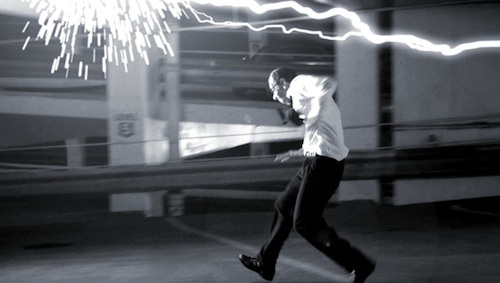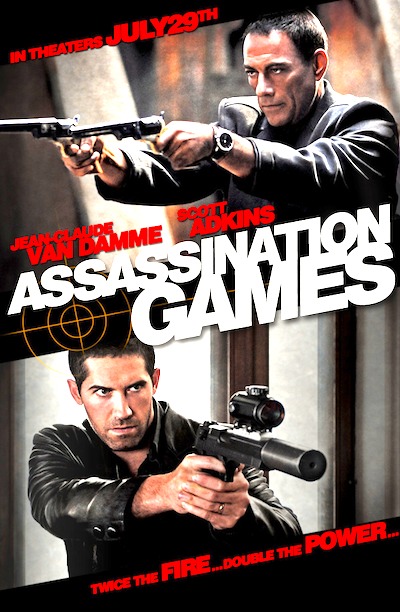By Joe Bendel. It is a provocative, ‘what if’ question. Had the United States forcefully backed the British government during the Suez Crisis, how would history be different? Indeed, the Soviet backed Nasser’s media victory is often considered a precipitating factor contributing to the overthrow of the pro-western Hashemite monarchy in Iraq, but everything turned out okay there in the long run, right? Instead America undercut her closest ally to curry favor with the UN and the independent Arab States. How well did that work, again? A watershed moment for the collective British psyche, the Suez Crisis supplies the backdrop for the newsroom drama The Hour, which premieres on BBC America this Wednesday as the inaugural selection of the network’s Dramaville showcase of British dramatic limited series, hosted by Luther’s Idris Elba.
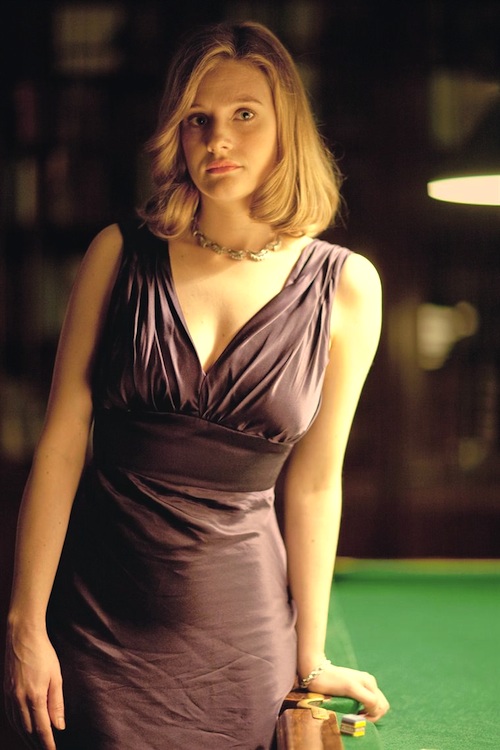
Bel Rowley and longtime platonic friend Freddie Lyon consider themselves the future of British journalism, wasted in the BBC’s newsreel department. Unfortunately, Lyon is a bit too tightly wound for his own good. When the call comes to work on the network’s new weekly newsmagazine, The Hour, Rowley gets the producer job he covets. Nearly chucking away his career out of resentment, Lyon reluctantly accepts an unglamorous position as the home affairs correspondent. He might be brilliant, but his personal cold war with Hector Madden, the show’s presenter, complicates Rowley’s position. Much like William Hurt in Broadcast News, he is not gifted at thinking on his feet during an interview segment. However, the married Madden’s ambitions are considerable and they include Rowley.
Initially, the show-within-the-show flounders, but when the Suez ignites, they hit their stride. Suddenly questions of censorship are raised when the Eden government starts invoking the gag rule for issues under debate in parliament. To that end, Angus McCain, an Eden advisor with a rather vague portfolio, starts haunting the BBC offices, creeping out the staff with his oiliness. Shocking as it might sound, it turns out many of the journalists have their own agendas as well.
For most of the first three episodes, The Hour hints at a conspiracy within the Eden government, possibly involving the murder of Ruth Elms, Lyon’s childhood friend of aristocratic lineage. However, two events occur in episode four that cloud the show’s ideological implications, making it richer and more complex: the Soviets invade Hungary and we learn they also have a mole operating within the BBC. Just what sort of Cold War morality play The Hour will ultimately become is not at all certain at the shows mid-point, but that ambiguity is not necessarily a bad thing.
Many critics might be tempted to dub the show Mad Men meets Smiley’s People. Indeed, the show has a well crafted 1950’s period look and there is certainly a good deal of alcohol being consumed. The moody jazz-influence score also nicely heightens the noir atmosphere. Continue reading The BBC Plays Itself: LFM Reviews The Hour
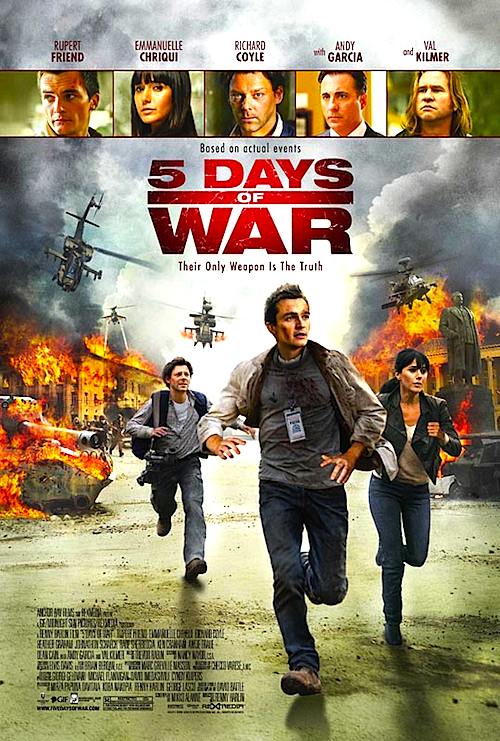
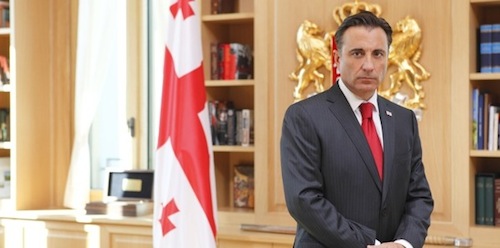
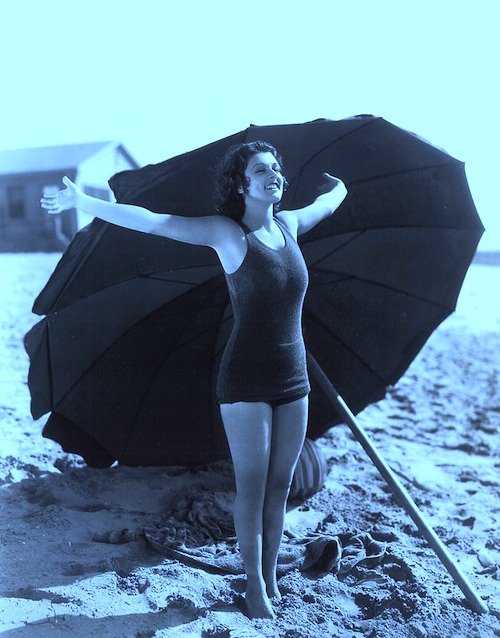
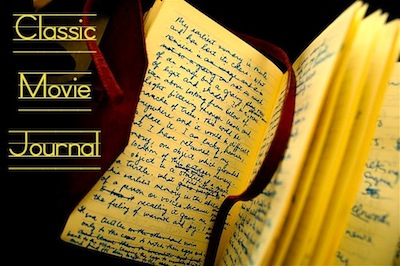 Which makes her brief movie career all the more tragic. This is a woman who should have been a bigger movie star, someone who could have been in the sexy/sassy comedienne ranks with Ginger Rogers and Jean Harlow. While her
Which makes her brief movie career all the more tragic. This is a woman who should have been a bigger movie star, someone who could have been in the sexy/sassy comedienne ranks with Ginger Rogers and Jean Harlow. While her 